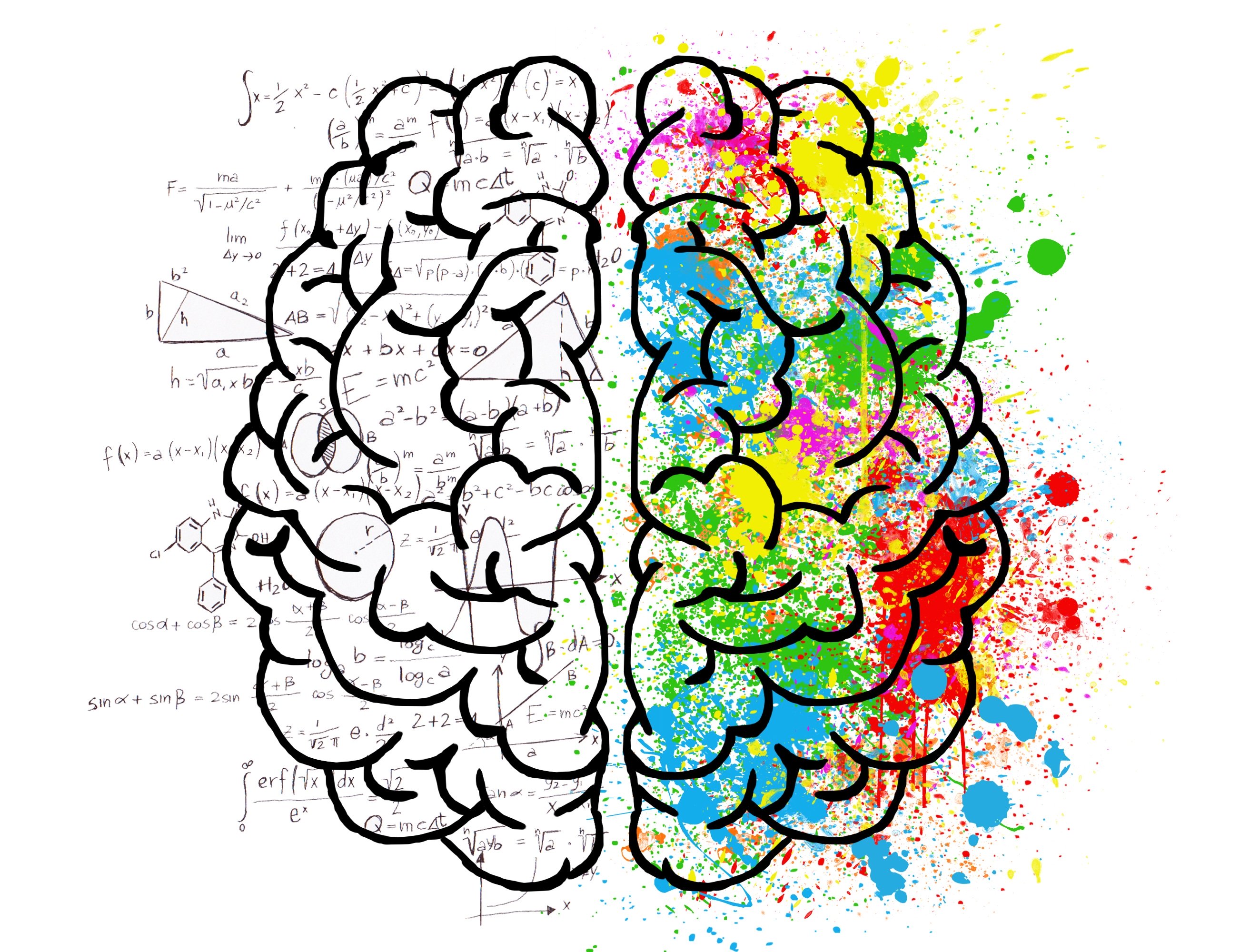2. Special group dynamics in the online course
Learning together connects. Everyone of us knows that. Usually you quickly notice if you feel comfortable in a course, with the lecturer and with the other participants and a specific group dynamic develops.
This is exactly what happens online, too. Because most participants may have already attended a webinar, but only have little experience with online courses lasting several days. This brings people together automatically. And often getting to know each other via monitor is very interesting: you are curious to see how the others are doing, you will be proud when everything is running smoothly and you gains insights into other practices and rooms - which can be more exciting and personal than coming together at a "neutral course location". Despite the physical distance, there is a fairly personal exchange, because you give insights into your personal environment and at the same time your are feeling very familiar.
At any time during the course you can see the lecturers and, depending on the screen settings, the other participants; you can talk and ask questions - just like in a face-to-face meeting. The advantage is that you can also deactivate your camera at any time.
3. online learning with a varied course concept
With the online courses with training providers accredited by us, you don't have to sit in front of your PC or laptop all day. Apart from presentations, the online course also includes:
- discussions
- workshops in small groups in virtual classrooms
- film sequences
- and the practical training
And of course there are regular, sufficient breaks, which you can spend at your favourite Italian restaurant around the corner. You can stretch your legs, do little things, greet the children from school or exchange ideas with other course participants.
4. Planning reliability and time savings
Online courses offer you planning security. The courses take place regardless of any regional or national travel or assembly restrictions or quarantine requirements. You also minimise your risk of infection. In particular, you save time by eliminating travel time. You will not have to travel the day before the course, which is usually necessary, nor will you have to make the return journey after several days, which is often considered to be particularly long. In addition, the cost of food and accommodation is reduced compared to a location-bound course. Rather, you can also process what you have learned in familiar surroundings after the individual seminar days.
5. Free use of the Neurofeedback equipment during the whole course
During the online courses, you practise with the Neurofeedback systems of BEE Medic GmbH, the NeuroAmp® amplifier and Cygnet® Neurofeedback software. In advanced and indicator-specific courses, you usually already have a system in place and can easily use it for the practical part, as well as for local courses, where many participants usually have their own system. For the Neurofeedback online basic courses, you can buy a complete system before the course starts. The advantage is that you can practice during the course and you can start immediately after the course in your practice. You can also borrow a free complete system for trying and testing during the course.
6. Train several employees or colleagues with little effort
Online training courses are ideal for group practices and if you want to learn neurofeedback together with colleagues. Several employees or colleagues can be trained simultaneously. The time off for the course can be well planned and is limited. There are also no costs for travel and accommodation. In 2020 you will also benefit from an attractive discount campaign.
Get more information and book now
E-learning in the medical field may still be new to many people, but you can see that there are also some arguments in favour of digital learning. Innovative e-learning concepts guarantee personal exchange and professional education at a high level.
In our course overview you will find numerous online courses for 2020, ranging from one to two-day advanced courses to our 5-day Neurofeedback Basic Courses, which you can either complete in one go or on two consecutive weekends.







